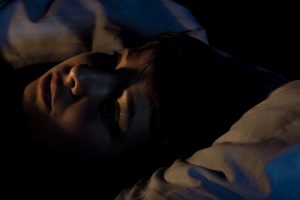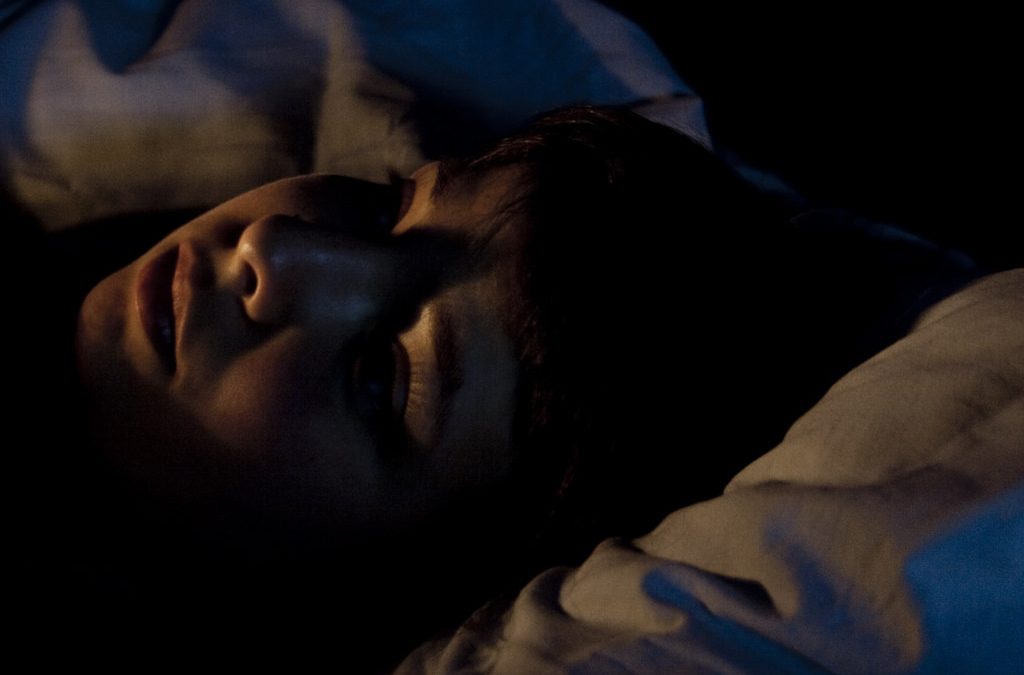Hypnotherapy is an alternative therapy that’s used to treat sleeplessness and related conditions, such as insomnia and parasomnias, which include sleepwalking and  talking.
talking.
Other conditions that hypnotherapy has proven to be beneficial in treating range from stress and anxiety through to chronic pain. For chronic pain, hypnotherapy is often used as a complementary treatment with mindfulness and cognitive behavioral therapy (CBT).
What’s Hypnotherapy?
Hypnotherapy involves assisting the body in reaching a state of deep relaxation combined with focused attention. While people are awake during hypnotherapy, by transitioning into a deeply relaxed state they become less aware of the surroundings, as well as being less responsive to other stimuli.
When Do You Use Hypnotherapy as a Treatment for Insomnia?
Although hypnotherapy can be a useful treatment when trying to reduce or cure insomnia, sleeplessness and other sleeping problems that are a result of stress or anxiety, if the sleep condition has been caused by drugs or other diseases or biological conditions, it can prove ineffective.
When insomnia or sleeplessness is related to stress or anxiety, the active “daytime” state involves the mind creating thoughts and images revolving around worry about future events that may arise, which becomes an obstacle to reaching a state of relaxation and sleep.
Unfortunately, this often leads to tiredness performing daily routines, such as attending work. Another side effect of feeling tired during the day is the insomniac may start to develop anxiety about whether they’ll be able to get the rest they need that evening.
When this occurs, clock watching and stressing about the number of hours left to rest can result. For the more serious cases of insomnia, the inability to get a restful night’s sleep often leads to the bedtime ritual becoming a torturous event that creates so much anxiety that lack of sleep becomes an inevitability.
How Does Hypnotherapy Treat Insomnia?
Hypnotherapy can help an insomniac switch off their active “daytime” state of mind, which means they can use sessions to block out any negative patterns of worry arising over future events. It also enables them to reject logistical planning in bed about how to cope with these future events, caused by the related anxiety.
Combine hypnotherapy with good sleep hygiene
It’s generally recommended to combine hypnotherapy for insomnia treatment with good sleep hygiene to ensure the most effective results.
Good Sleep Hygiene includes:
- Avoiding the consumption of alcohol, caffeine or nicotine before bedtime
- Eat a healthy diet
- Incorporate regular exercise within your lifestyle
- Have a regular bedtime routine
- Limit the number of naps you have daily
- Incorporate relaxation techniques as part of your bedtime routine
Further information on good sleep hygiene techniques can be found here: www.sleepfoundation.org
If you’re suffering from insomnia, sleeplessness or any other sleep disorders as a result of stress or anxiety, contact us today to arrange hypnosis for insomnia. We’ll consult with you to find out how to best treat your individual condition to help you achieve a healthy sleep pattern, leading to a higher quality of life.

